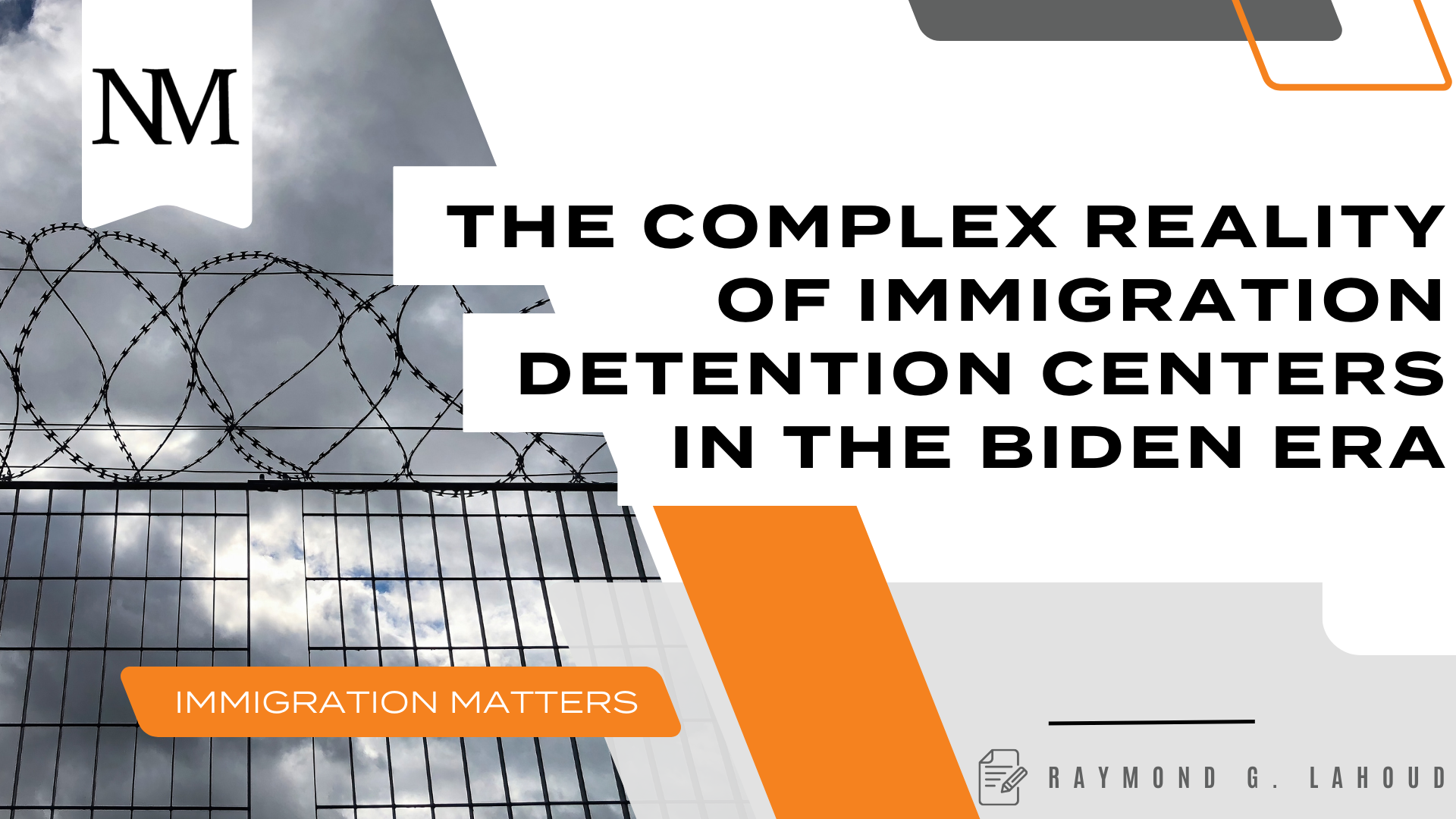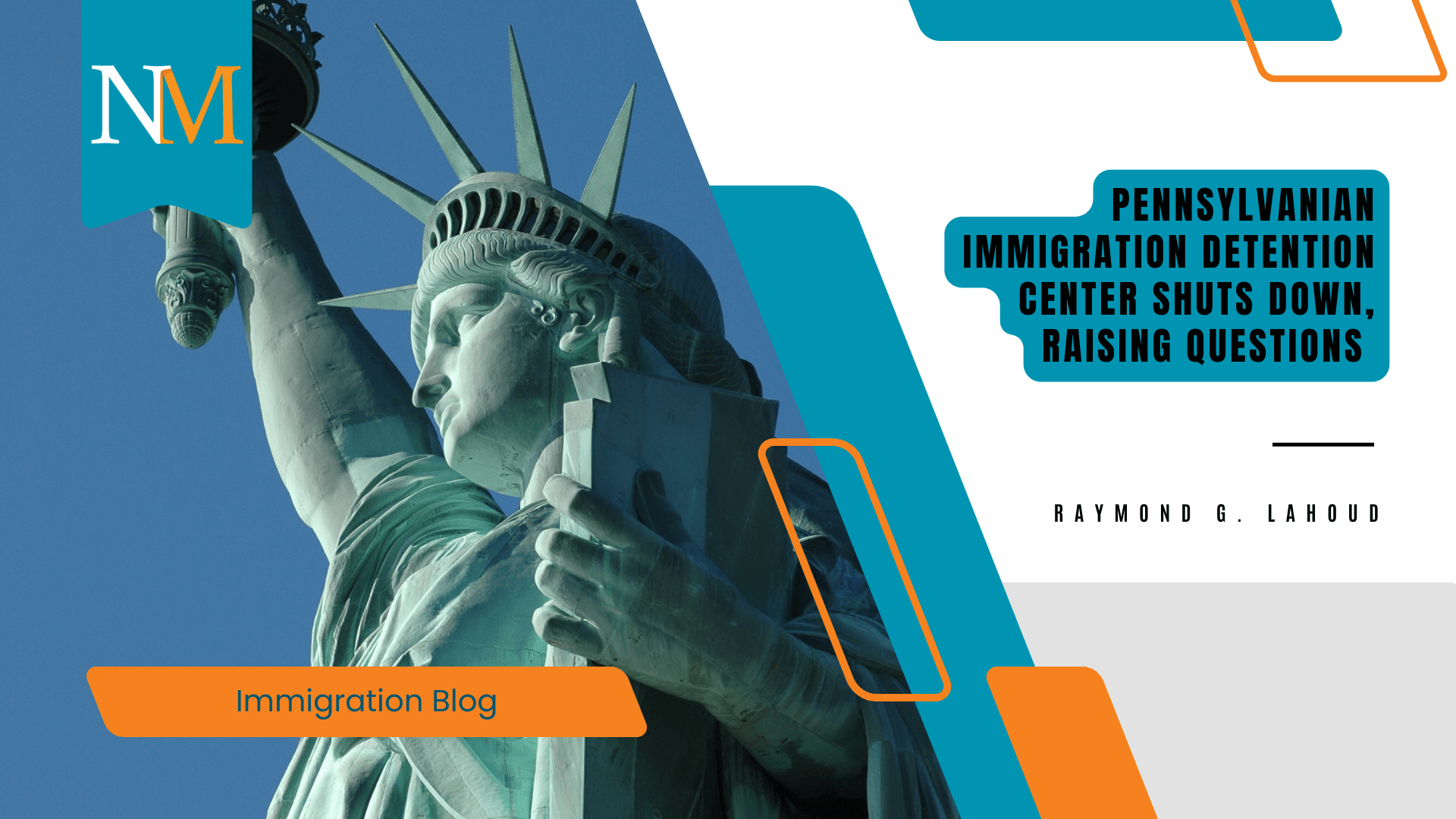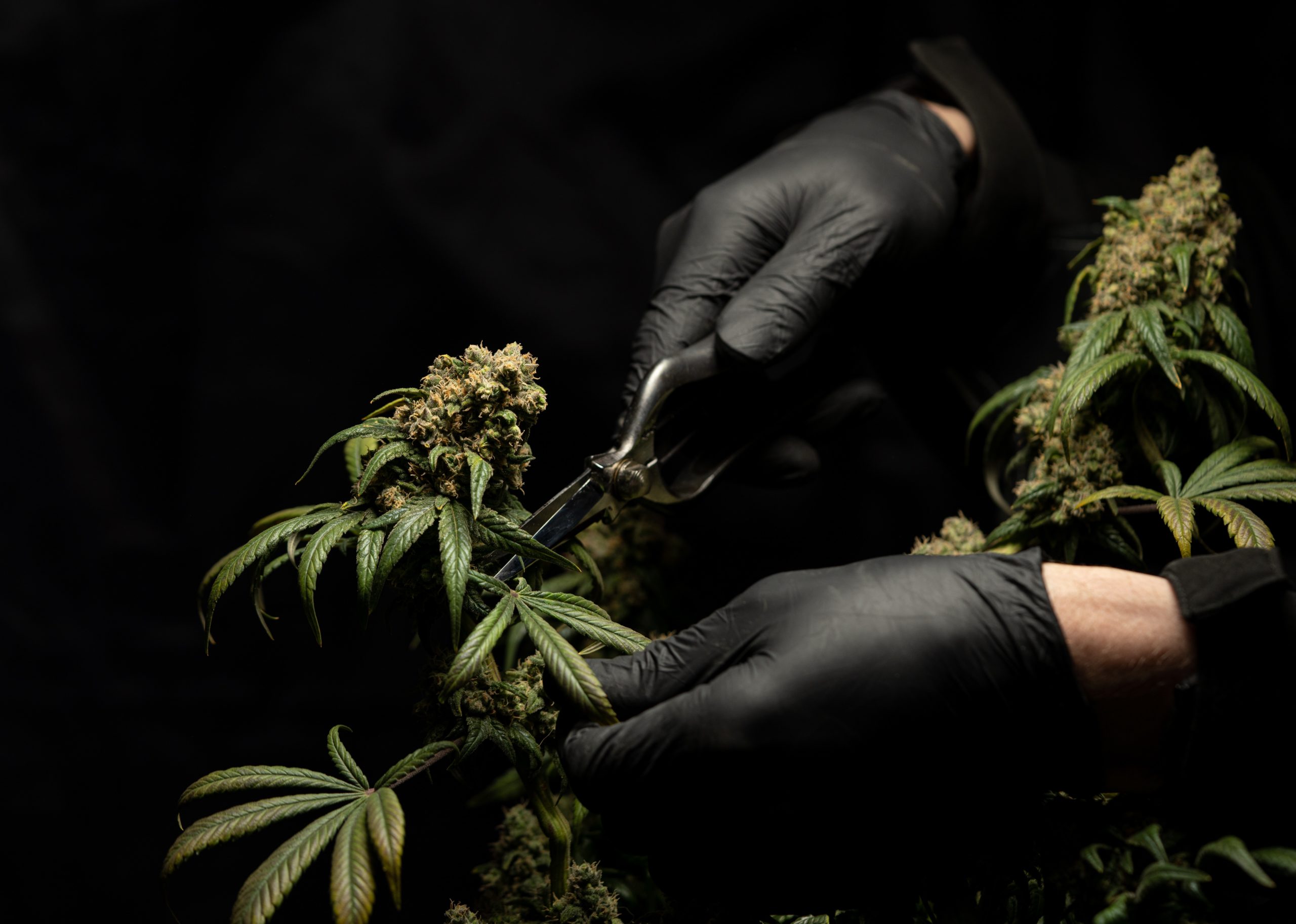Immigration Weekly Round-Up: Visa Processing Resumes for Thousands of Foreign Workers; Report Finds Severe Overcrowding at Immigration Detention Centers; No Immigration Enforcement at COVID-19 Vaccination Sites

Certain Nonimmigrant Visa Processing to Recommence
The U.S. Department of State has announced new visa processing procedures after President Biden allowed the expiration of visa restrictions that had barred entry for numerous temporary workers. These included multinational managers and executives, specialty occupation employees, non-agricultural laborers (including landscapers, camp counselors, resort employees), au pairs, and exchange students, and many others. Former President Trump instituted the restrictions in 2020, asserting they would help protect the American labor market.
The Department of State noted that visa applicants in the H-1B, H-2B, J, and L nonimmigrant categories who have not yet been scheduled for an interview will have their applications prioritized and processed in accord with policies regarding the resumption of routine services at U.S. embassies and consulates around the world, which changed due to COVID-19 restrictions that vary from country to country. Visa applicants should check the operational status of their closest U.S. Embassy or Consulate.
The State Department further indicated that applicants who were refused a visa under the prior restrictions should reapply by submitting a new application and fee.
Severe Overcrowding at Border Patrol Facilities
A court-appointed special monitor and a pediatrician have co-authored a report finding that U.S. Border Patrol facilities along the Rio Grande Valley are severely overcrowded and “stretched beyond thin,” and that “custodial and medical provisions essential to adequate detention conditions are threatened by levels of occupancy that exceed the physical space required to maintain safe, sanitary, and humane conditions.” The special monitor, Andrea Sheridan Ordin, visited several border detention facilities in the course of decades-long litigation regarding the rights of children in immigration detention.
The reports note that the current facilities were designed to hold adults, but have now been filled beyond capacity by minor children. This has been exacerbated recently by an increase in border crossings due to an array of factors, including natural disasters in Central America.
A 1997 settlement agreement, agreed to by the U.S. government, called for the release of children in immigration custody after 72 hours. Recently, however, immigrant children in government detention have been kept well beyond the 72-hour legal limit, sometimes for more than 100 hours. Sheridan Ordin’s report includes recommendations for the government to set clear standards for emergency intake sites to prioritize the health and safety of children. Further recommendations include increasing monitoring by a juvenile coordinator overseeing the facilities and hiring additional medical experts to care for children with medical conditions.
ICE Not Conducting Enforcement Operations at COVID-19 Vaccination Sites
The Federal Emergency Management Agency (FEMA) recently announced that it, along with other agencies, “fully support[s] equal access to [COVID-19] vaccines and vaccine distribution sites for undocumented immigrants.” FEMA has confirmed that immigration status will not hinder anyone’s ability to be vaccinated for COVID-19. This follows an announcement earlier this year from the Department of Homeland Security that Immigration and Customs Enforcement (ICE) and Customs and Border Patrol will not enforce immigration protocols at or near vaccine distribution sites or clinics. Individuals should not avoid seeking medical care, including vaccinations, due to fears related to their immigration status.
If you have any questions about this blog post or any other immigration concerns, please feel free to contact me at wcmenard@norris-law.com or 484-544-0022.




